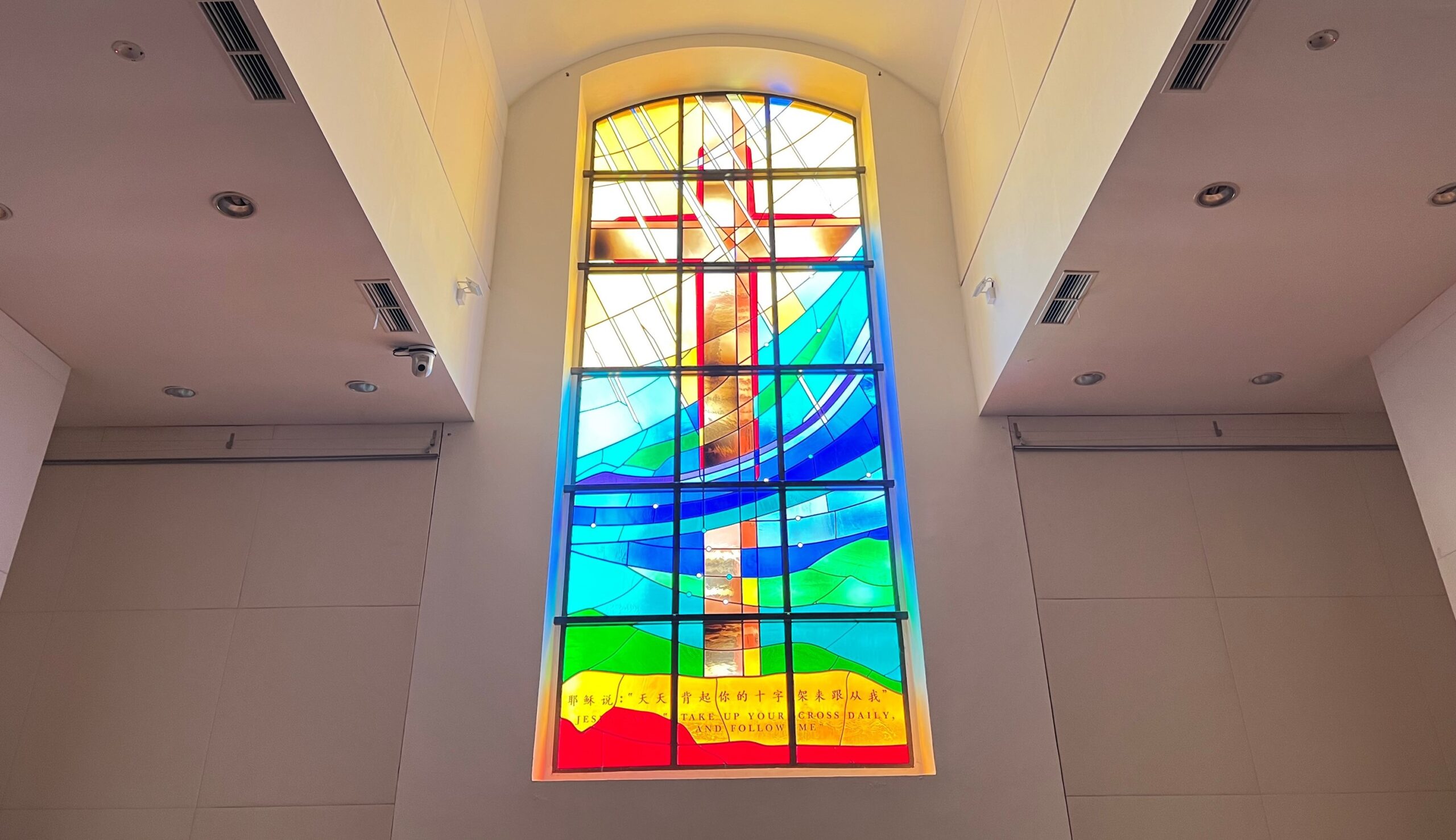If you own some shares in a publicly listed company or are a stakeholder in an organisation, what will you be looking out for when you attend its Annual General Meeting or read its Annual Report? I would imagine that you will be concerned about how your investment is reaping in some profits while others are also eager to hear about the growth plans of this company. However, when it comes to our church’s Extraordinary Congregational Meeting (ECM) in less than a month’s time, what may be some differences as to how we as communicant members of TWPC-EC should approach it?
I would like to suggest that firstly, it is about God’s grace. Apart from an exercise in accountability by our ministry leaders, our ECM should also be a time where we are looking out for traces of God’s grace upon the lives of the people we are ministering to. Rather than going through a list of activities and programs that took place in 2024, let us give thanks and glory in what God has accomplished through our church in leading people to salvation and spiritual maturity (Rom 15:17-19). After all, salvation and spiritual maturity is ultimately the work of God’s Spirit. It is by the grace of God that he has enabled us as pastors, church leaders and members to make a difference in another person’s life.
When we adopt such a mindset, it guards us from the temptation of pitting one ministry over another or comparing one ministry leader against the other. Indeed, our respective ministry reports are not written to boast of our “success” or to merely make a pitch for more manpower and resources. Instead, what we desire is for members to be mindful of how gracious God has been to our faith community and to encourage them to remain prayerful with regards to the challenges the church is facing or may face as we commit ourselves to be an instrument of God’s grace.
Secondly, our attention should be about the Gospel of Jesus Christ. Sometimes, we can be so bogged down by the typos, dollars and cents or nitty-gritty details that we lose sight of what God is calling True Way to be and do. At an ECM, we are gathered for the purpose of evaluating and reflecting on how we as a church has been faithful in the task of testifying to the gospel of God’s grace (Acts 20:24) and how we can continue to live out the vision of loving God and making disciples.
This explains why for example we do not call for a vote on the company that services our air-conditioners or discuss about the brand of coffee we serve at our Cozy Corner during an ECM even though it affects all of us. This is because it is really a secondary issue and best left to the discretion and integrity of the respective committees. To be sure, if you happen to know a better deal for the beverages we are currently serving, you are always welcomed to share it with the church office.
As much as there is always room for improvement and growth in every ministry, what is even more pertinent is that a church’s ECM is a timely occasion where every member is reminded to live out the vows he or she has made before God. Each of us has a part to play in building up God’s people and being a witness unto the nations. To merely show up for an ECM and raise questions when one is hardly involved in the life of the church for the rest of the year is not exactly fulfilling our calling as a follower of Jesus and duties as a church member.
Hopefully, members will also understand that in the midst of our disciple-making endeavours, there will be occasions when leaders are required to introduce some changes or slay some sacred cows. This is necessary since leaders are entrusted with the task of discerning how the church is to remain focused on discipleship and gospel proclamation (local/overseas) and how the Gospel should shape the way we conduct our respective ministries and engage the world.
Finally, we also want to bear in mind Gain for God’s Kingdom. When we hear the Treasurer present the budget for 2026, I trust that we will be prayerfully thinking about how this can extend the Kingdom of God instead of scrutinising each expense item. Good stewardship is much more than just seeing the church’s accounts being balanced as much as leaders are called to be prudent in the handling of our finances.
I have come to understand that in his Parable of the Talents (Matt 25:14-30), Jesus may not be primarily referring to investing for monetary gains or using our God-given resources and abilities for our own interest. Instead, what Jesus is teaching here is that he has entrusted us with his Gospel and this is far too valuable and glorious to be buried in a hole (v.18).
A bigger church budget or a larger collection of tithes from members would be mean little to God if His people are not seeking to worship him in spirit and truth and participating in his Great Commission in our daily lives. But whenever we give of ourselves cheerfully and sacrificially to God’s Kingdom purposes, God will see to it that there will be much fruitfulness in our ministries. After all, who else can be more committed to glorifying the name of His Only Begotten Son, Jesus Christ and building up His bride, the church than God himself?


